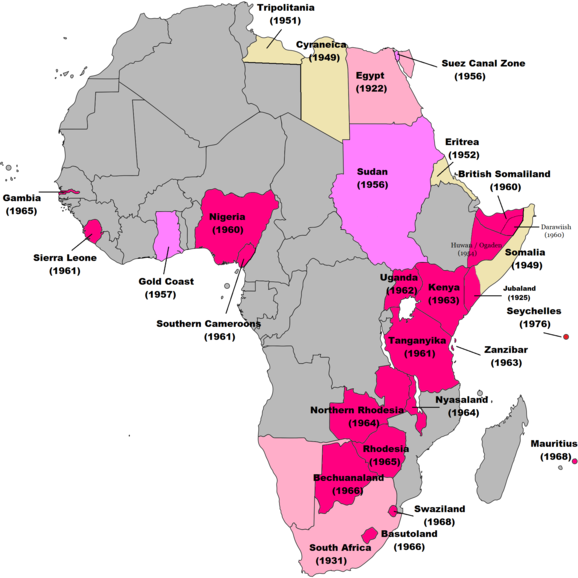Cameron is clearly not Prime-Ministerial material - What got the Tories here?
This post, the first of this weekend on this particular topic, is an attempt to look back and try and make sense of the disaster now about to take place and how the Conservative Party, architects of most of the EU Treaties propelled the nation into such economic jeopardy.
Before David Cameron, the immediately previous Old Etonian to lead the party and hold the highest political position in the land, was Sir Alec Douglas-Home, read here, who was a compromise choice as party leader, but as quoted from the above link, had held offices giving him vast experience with which to fulfill his duties:
Home was deemed a failure as PM in the aftermath of his election defeat, although historians have tended to treat him more generously, (and the margin of loss was considerably less than that predicted, especially by those following TW3!) The former Lord Home, was the last Tory leader to be serrupticiously appointed by the Tory Party grandees, so we can only imagine the intrigue and "behind closed doors dealings" that had been underway in that selection process.
What then followed, however, begins the long trail to the disastrous leadership selection processes which have led to the utter shaming of English Conservatism, the new "pink" version of which, David Cameron has this weekend become to typify.
Home's replacement was Edward Heath, whom his Wikipedia entry reveals, was as well qualified for the post as the necessarily de-peered "Sir Alec", there were though, even then, question marks about "Ted" Heath. I recall discussing such with my father, which (particulalrly on this present weekend, with the potential collapse of the European Union hanging over us, plus the added enormous benefit of hindsight) appear much more significant today, at this historic crisis point, than they probably did then, especially those raised in this particular section of the Wikipedia report on Heath:
World War II
| This unreferenced section requires citations to ensure verifiability. |
I was already fascinated by politics when Heath became party leader in 1965, and remember favouring him over Reginald Maudling, which can surely have been only as a result of the media coverage at that time. I canot recall Britain's stance towards Europe as regards to our fading Empire and the emerging Commonwealth as being a leadership issue in that contest, although it was then only some five years since Macmillan's Winds of Change speech in South Africa.
Decolonisation was proceeding at rapid rates as can be seen from the map on Africa below, and Heath had, of course, already been Macmillan's chosen negotiator for Britain's entry to the Common Market, as eventually, regrettably only temporarily, vetoed by President De Gaulle of France. It can therefore be noted as strange that more was not made of Heath's position on Europe when challenging for the leadership. An ominous silence on the major issue of our age, which thereafter continued within the Conservative Party for decades, all leading to our present dire straits!
At this point it seems worthwhile to highlight the questions raised by the the Leveson inquiry so far, particularly perhaps to suggest a re-balancing in the key questions for module 4 of the investigation, which if the EU does disintegrate, will find it difficult to ignore the much bigger question than routine or everyday press/political interaction, namely to consider what went on behind the scenes of our country's deep involvement in, and domination by, the non-democratic Popperian Tyranny that is the EU.
Ironically such an EU collapse could perhaps recast the Murdochs as the heroes rather than villains between politicians and the media at Leveson! How stupid will Major's complaint to Leveson this week then appear, that Rupert Murdoch had endeavoured to get him to change his European policy! That too in a week when the British Fisheries Minister admitted to Parliament, see here, that not only did he not know who owned the "quota" to Britain's fish (namely the right to land and sell it, surely the most basic sovereignty of all, apart from defence, over our seas,) but worse, that he had apparently been actively prevented from obtaining such information upon the ownership of our quota!
I would also suggest the Leveson inquiry should consider the treatment of other established parties such as UKIP (and to a lesser extent Veritas, in which I was personally involved and where the BBC apparently had the power to prevent candidate based, equal access to Party Political Broadcasts by a new entrant in a General Election campaign, notwithstanding there seeming to be no statutory authority for their wielding such power as the Chair of a committee made up by representatives of their supine fellow broadcasters!)
Have the larger political parties through their stranglehold on government and closeness to the press been also able to see off the arrival of upstart competition?
Were they indeed able to determine between them that continuation of Britain's membership of the EU was an overriding national interest, and thereafter use the resources of the state to hinder political parties whose policies went in the opposite direction, as has been rumoured, not only within UKIP for years, but also as once mentioned in The Spectator by Lord Tebbit? Perhaps we can look forward to the latter, together with the other giant figure on the opposite side, Trevor Kavanagh, appearing at Leveson in July!
I will continue with this review of the modern Conservative Party and what it is already becoming clear are the events and manipulative power plays that resulted in its possible betrayal of our nation, over the course of this weekend.
Labels: Conservative Party, David Cameron, Decolonisation, Edward Heath, Leveson Inquiry, Macmillan, UKIP, Veritas



0 Comments:
Post a Comment
<< Home